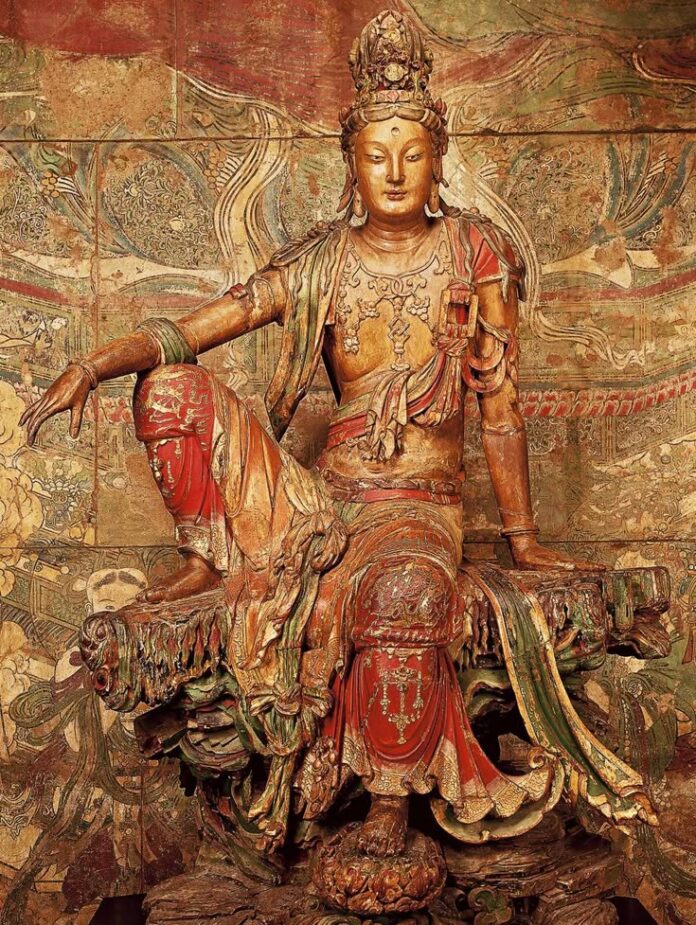
In the vajrayana Buddhist tradition, we talk about how we can discover wisdom behind our passions and delusions. If you simply cut out your passion or your desire, you can’t work with the world of non-compassion. It would be equivalent to going through surgery and removing your eyeballs, tongue, heart, and sexual organs. Some people might think that is the way to become a monk or nun, but I’m afraid such an approach doesn’t quite work. Compassion is not so much a matter of removing the organs of passion, aggression, and delusion; compassion means working with what you have. If you are hungry, you need your tongue and teeth to eat with. It is a natural thing. We don’t punish ourselves because we have a tongue and teeth. Instead, we work with them. When we have a problem, we don’t throw it away as if it were a piece of garbage. We pick it up and work with it. Then we find that we have a working basis.
According to the Buddhist teachings, the practice of sitting meditation is a way to work with what we have. Meditation is very practical: We learn how to wash the dishes, how to iron our clothes, how to be. That is compassion. When we know how to be, we don’t create chaos for ourselves, to begin with, and subsequently we don’t create chaos for others. As it is said in Christianity, “charity begins at home.” Perhaps we could also say, “compassion begins at home.
Basic virtue comes from learning how to be. If we have no idea of how to be, then we commit sin and crimes of all kinds. When we know how to be, our hearts are softened, and compassion naturally comes along with that. We learn how to cry, how to smile, and how to experience other people’s wounds. We also begin to appreciate joy and pleasure. Perhaps we haven’t ever really explored pain and pleasure in our whole lives. When our hearts are softened and we feel pain, it is excruciating. And when we experience pleasure, it is wonderful. Compassion means exploring pain and pleasure properly, thoroughly, completely. The Sanskrit word for compassion is karuna, which means “noble heart.” It is not just a matter of feeling sorry for someone: when we experience noble heart, we are able to have a good time, and we are able to identify with others’ pain and pleasure.
We need to learn how to be decent human beings. That is the basis for what we call “religion.” A decent human society brings about spirituality. It brings about blessings and what could be called the gift of God. This is an extremely Simple-minded approach. I’m sorry if I disappoint you, but, it is as simple as that. We have to be just as we are. This is not necessarily a Buddhist message; for that matter it is not even a particularly spiritual message. Compassion is simply a matter of experiencing reality properly.






